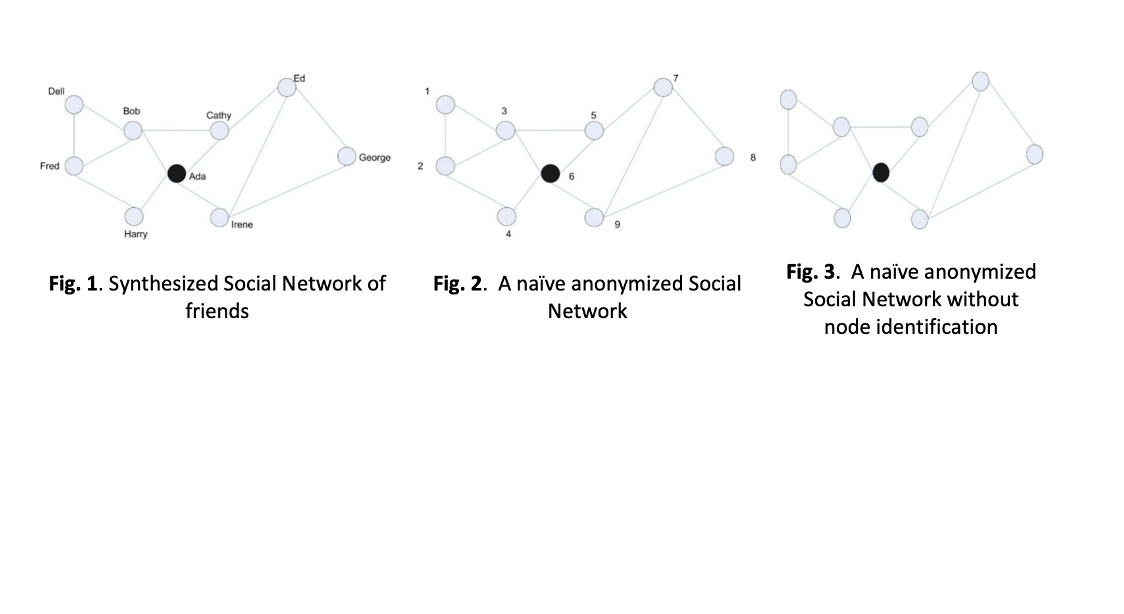Anonymizing Published Social Network Data
Keywords:
Data publishing, privacy preserving, online social networks, background knowledge, anonymization, frequent pattern miningAbstract
Interpersonal organization information give significant data to organizations to better comprehend the attributes of their potential clients as for their groups. Yet, offering informal community information in its crude structure raises serious security concerns. An adversary may attack the privacy of certain victims easily by collecting local background knowledge about individuals in a social network such as information about its neighbours. Subsequently, many anonymization algorithms were proposed to solve such issues. In this paper, a secure k-anonymity algorithm to protect published data against such named structural attacks (e.g. Degree Attack and subgraph attack) is proposed. Experimental results showed that the anonymized Online Social Networks (OSNs) can preserve much of the characteristics of original OSNs as a tradeoff between privacy and utility.
Downloads











